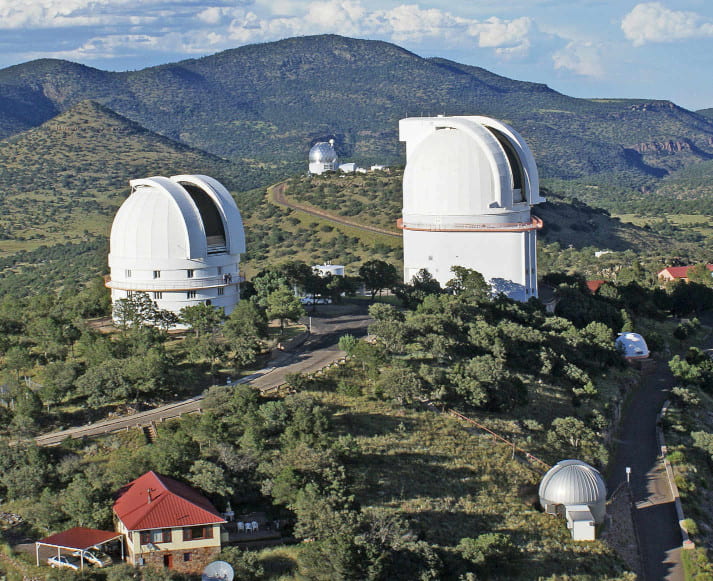Honors Physics Students Present “Apocalypse Physics” at Semester Showcase
On Monday evening, SMU Honors Physics students wrapped up the semester with a compelling poster presentation night that showcased remarkable student achievement. The theme for the term was “Apocalypse Physics,” challenging students to explore real-world principles of mechanics, electricity and magnetism, and coding through the lens of global catastrophes and the theoretical scientific solutions that could save humanity. The course, PHYS 1010: Introductory Honors Physics, was led by Rebecca Preseton with valuable assistance from Tai Nguyen.
The students presented thoughtful, creative, and genuinely impressive work. Their confidence and clarity in presenting complex physics topics to a public audience were a source of great pride for the Department.
The event was honored by the presence of Dean Janarthanan Jayawickramarajah of Dedman College and Dr. Brandon Gray Miller, Assistant Dean of Honors & Scholars. Their enthusiastic engagement with the student posters added significant encouragement to all participants.
Special thanks are extended to the SMU Physics graduate students for their dedicated assistance with setting up the posters and refreshments.
The success of this event underscored the Department’s commitment to encouraging the next generation of young physicists and finding creative, applied ways to make science come alive.
Attention SMU Undergraduates: If you are interested in exploring fascinating concepts and earning honors credit, sign up for the spring semester offering of PHYS 1010: Introductory Honors Physics, where students will explore the Physics of the Mushroom Kingdom! 🍄 All students taking PHYS 1303, 1303, 1307, 1308 are eligible and will recent an Honors designation on their transcript when completing the course.











